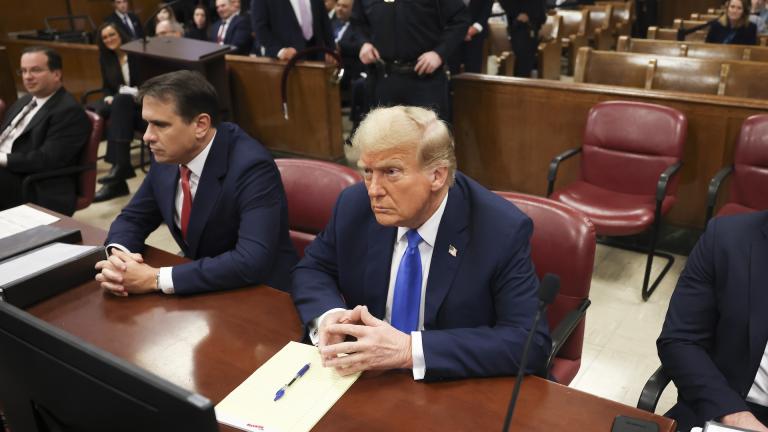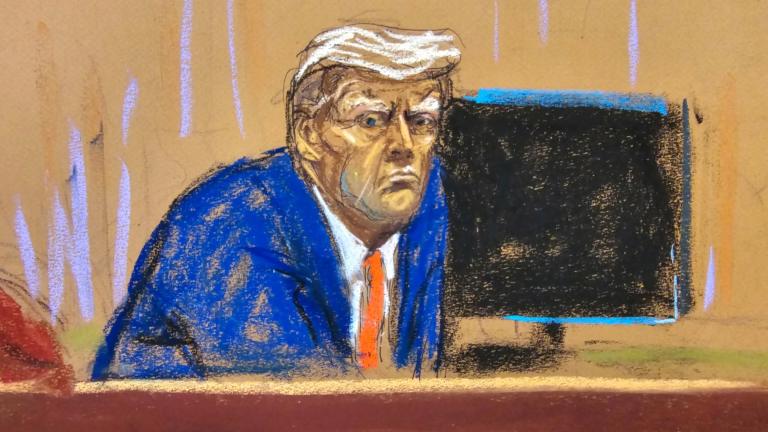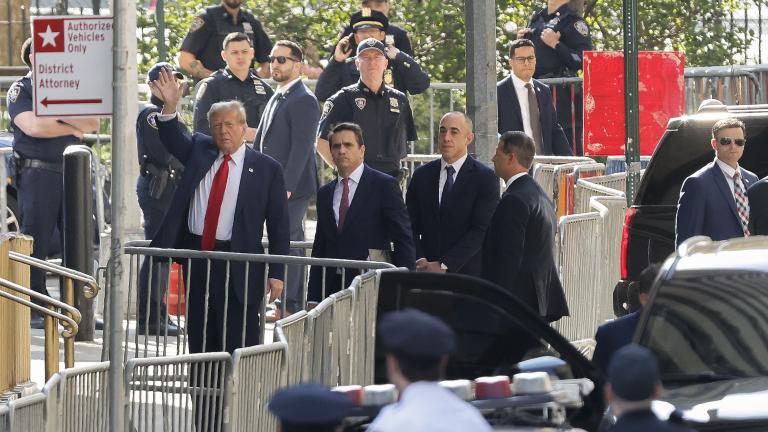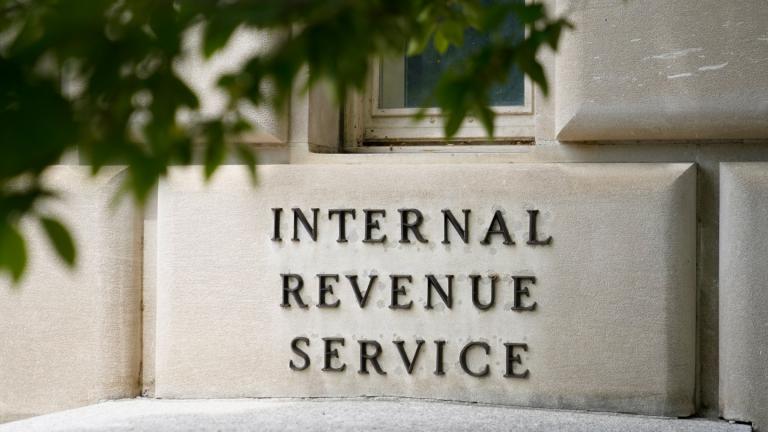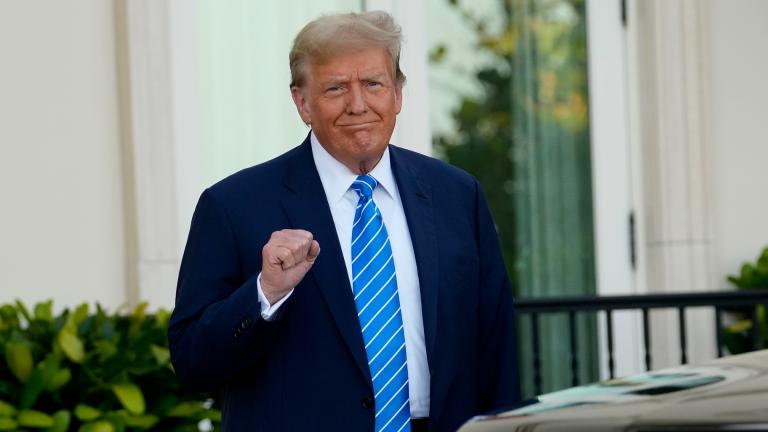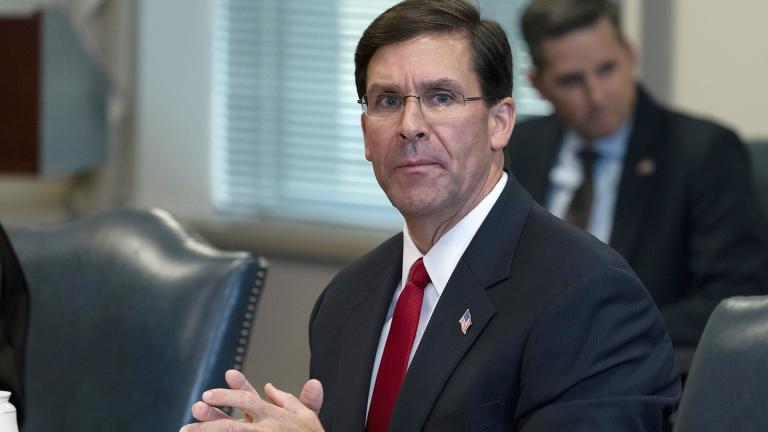President Donald Trump on Wednesday commuted the sentence of Alice Johnson, a great-grandmother convicted of nonviolent drug-related crimes in 1996 whose case was championed by reality star Kim Kardashian West.
It’s the latest in a string of unusual commutations and pardons. Among the other cases Trump is considering is that of former Illinois Gov. Rod Blagojevich, who formally filed a request Tuesday.
“The process here is very unusual because Rod Blagojevich and his wife have been making pleas to the president over newspaper editorials and television, but hadn’t yet, until at least today, actually filed for commutation,” said Renato Mariotti, a former assistant U.S. attorney in the Northern District of Illinois (2007 to 2016) who ran this year for the Democratic nomination for state attorney general. The public statements the Blagojeviches have made about the unfairness of the prosecution are also unusual, Mariotti said, because “typically people who are trying to obtain pardons or clemency don’t attack the prosecution, attack the Justice Department.”
In addition to Wednesday’s commutation and the prospect of more on the horizon, Trump has asserted his right to pardon himself. The U.S. Constitution itself offers little guidance on that matter. Article II, Section 2 merely says: “The President ... shall have Power to grant Reprieves and Pardons for Offences against the United States, except in Cases of Impeachment.”
“It is unknown whether or not the president has the power to pardon himself because no one has tried it before and that question has never been presented to a court,” Mariotti said. “There are reasons to believe that (the) president can’t pardon himself. For example, some scholars have argued that the very notion of a pardon implies a grantor and a grantee.”
It would also create an uproar politically – even from some within the president’s own party. Republican House Speaker Paul Ryan said Wednesday that while he doesn’t know whether the president has a legal right to pardon himself, “I think obviously the answer is he shouldn’t,” he said. “And no one is above the law. I’ll leave it at that.”
Also this week, federal prosecutors working for special counsel Robert Mueller accused former Trump campaign chair Paul Manafort on Monday of witness tampering.
“Typically people who are criminal defendants, especially in a white-collar kind of case like Manafort is in, do not engage in witness tampering during the course of the investigation while they’re out on bond. It’s a very bad idea on his part,” Mariotti said. Not just because it could land Manafort behind bars while he awaits trial, but also because it provides ammunition for Mueller to use during the trial and sentencing, and provides leverage to pressure Manafort into taking a deal and cooperating with prosecutors, he added.
Mariotti joins Chicago Tonight for a conversation.
Related stories
US Supreme Court Won’t Hear Blagojevich Appeal
FBI Raids of Trump’s Personal Attorney Cohen Raise Questions
US Supreme Court: A Look at Today’s Most Controversial Cases

